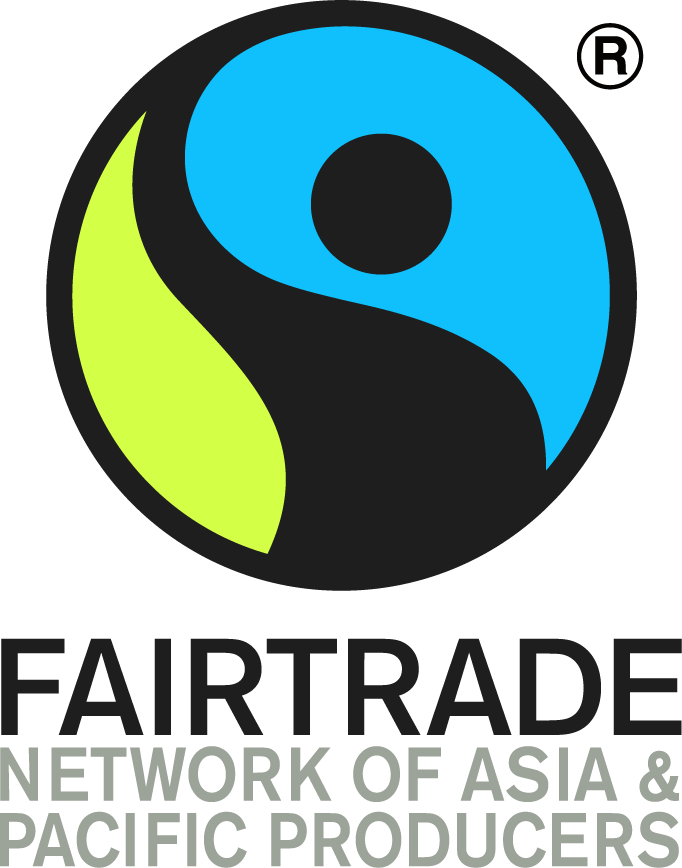Fairtrade NAPP and living wages for workers
Fairtrade NAPP is committed to empowering workers by ensuring they receive living wages that reflect their true value and the cost of living in their regions. We believe that fair compensation is essential for enabling workers to improve their livelihoods, gain economic stability, and participate actively in their communities. Living wages are not just a goal; they are a fundamental part of our mission to foster equitable and sustainable trade practices across the Asia Pacific.


Workers at farms, factories and plantations are among the most vulnerable people in global trade. Without access to land or unable to make a living from it, they often have few options for a sustainable livelihood. TheY often lack formal contracts, freedom of association, basic health and safety assurances, and adequate wages, among other challenges. And often do not earn a living wage.
What is a living wage? It is a wage that covers the basic needs of workers and their families, including food, clothing, shelter, healthcare, education, transport to work and a little extra for unforeseen circumstances.
At Fairtrade NAPP we work to address this gap, going beyond Fairtrade standards.
Fairtrade NAPPS approach to achieving living wages
-
Better prices
-
Engagement in Global and Regional Stakeholder Dialogues
-
Support for Worker Representation
-
Efficiency and productivity
-
Participation in Wage Negotiations
-
Fairtrade Premium investments
-
Development of the Salary Matrix
-
Collaboration
-
Dynamic Input on Surveys
-
Support for Women Workers
Living Wage Benchmark Study in Asia Pacific region
Fairtrade NAPP advocates for living wages for agricultural workers, ensuring that they earn enough to meet their basic needs and support their families. By working closely with producers, it helps ensure that wages are fair and reflective of the cost of living in each region. Workers are trained on their labour rights, empowering them to demand better working conditions, fair wages, and social protections such as healthcare and pensions.
Fairtrade NAPP as a member of Global Living Wage Coalition led by ISEAL was a part of the Living Wage Benchmark studies conducted for Sri Lanka and South India. The study explores the impact of Fairtrade certification on the livelihoods of workers on tea plantations in India and Sri Lanka, using the Anker Methodology to estimate a realistic living wage for the respective regions. This methodology provides an accurate assessment of the wages needed to ensure a decent standard of living for workers in these major tea-producing areas. Additionally, a feasibility study was also conducted by the Coalition for Tea in Northeast India and the process for establishing a living wage benchmark is currently in progress.
Download the Study
The Anker Methodology to estimate living wages
Fairtrade uses the Anker Methodology to calculate living wages based on regional living costs, taking into account essential goods and services required to maintain a decent standard of living. The methodology ensures precise and context-specific wage benchmarks, allowing workers to afford necessities like food, housing, education, healthcare, transportation, clothing and savings for unforeseen circumstances.
Find out more
Choosing Fairtrade means supporting workers’ rights to a decent income, and putting more money directly in the hands of workers themselves.
